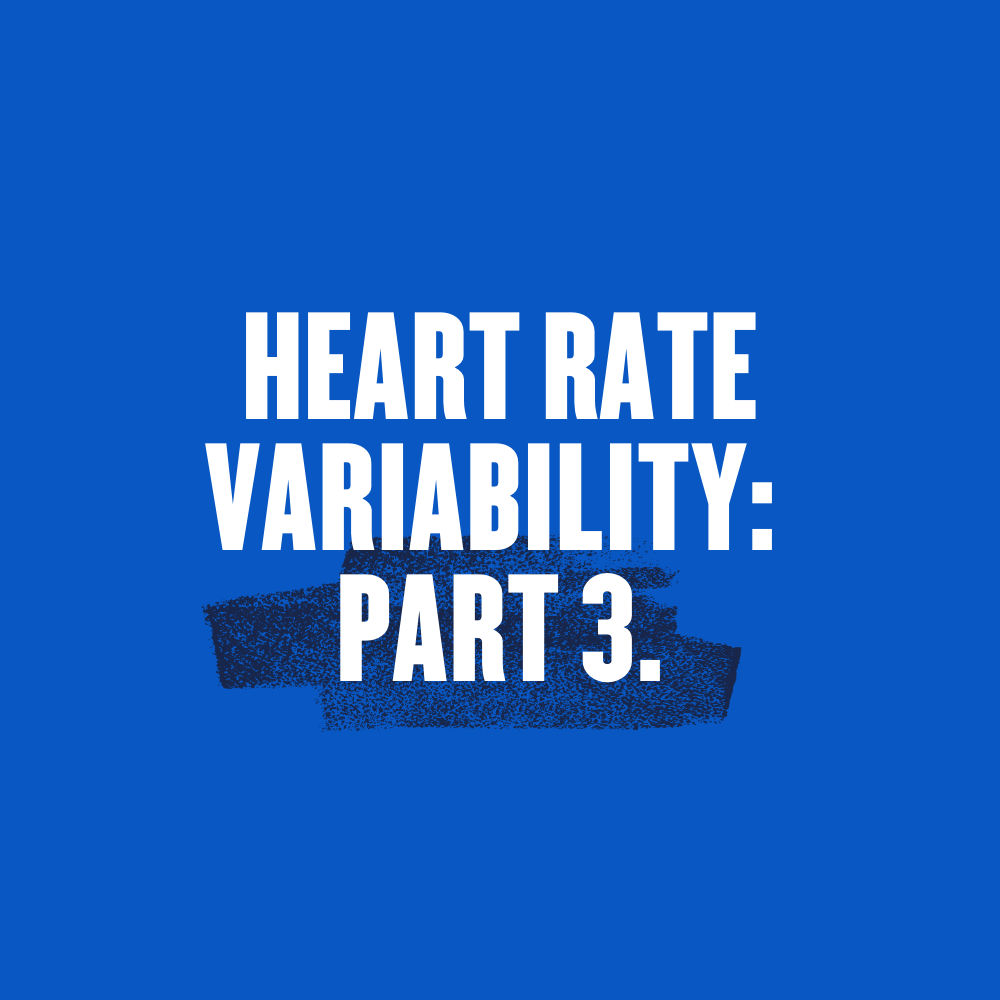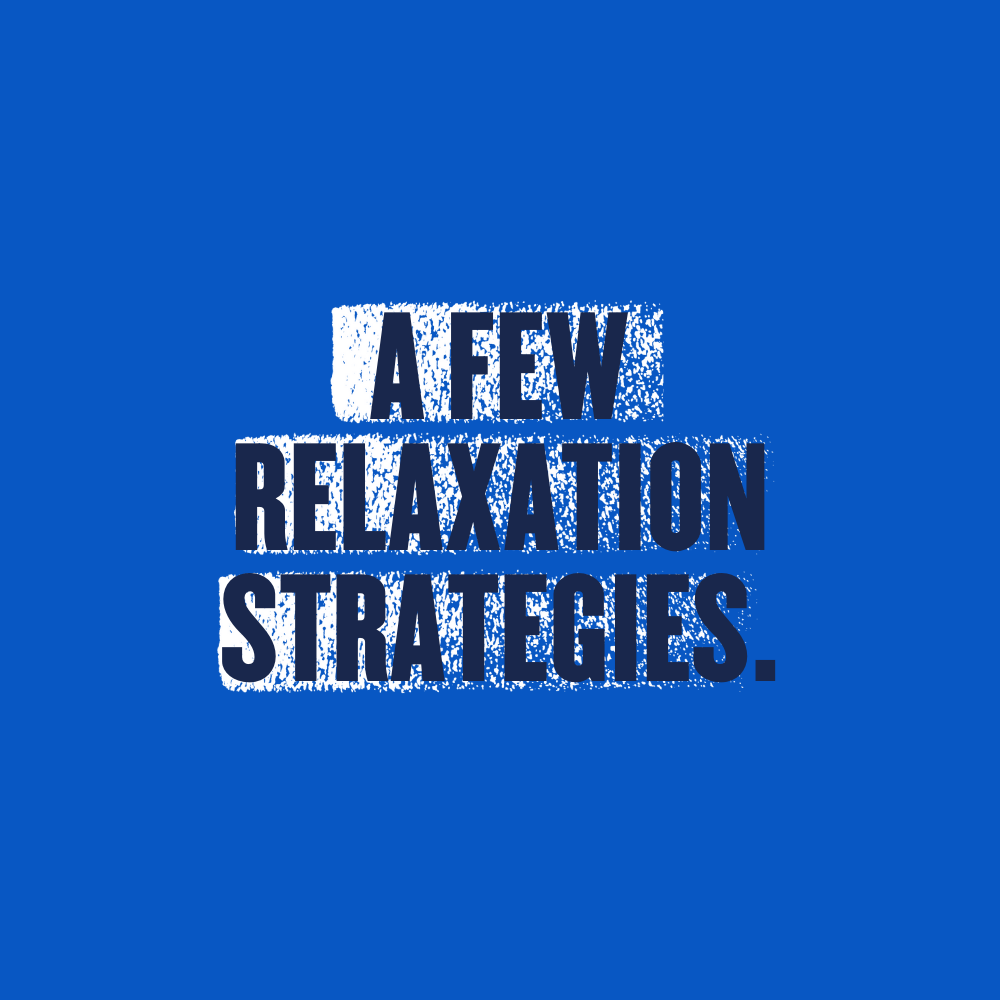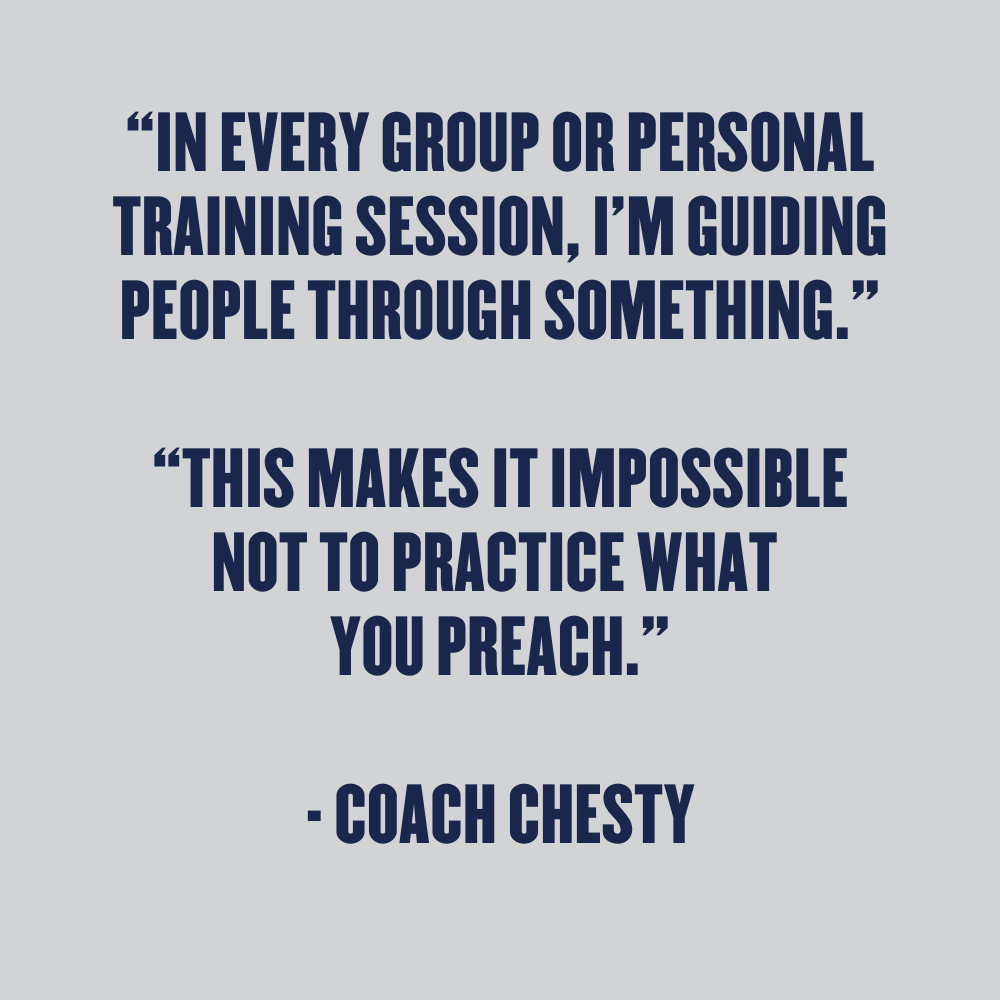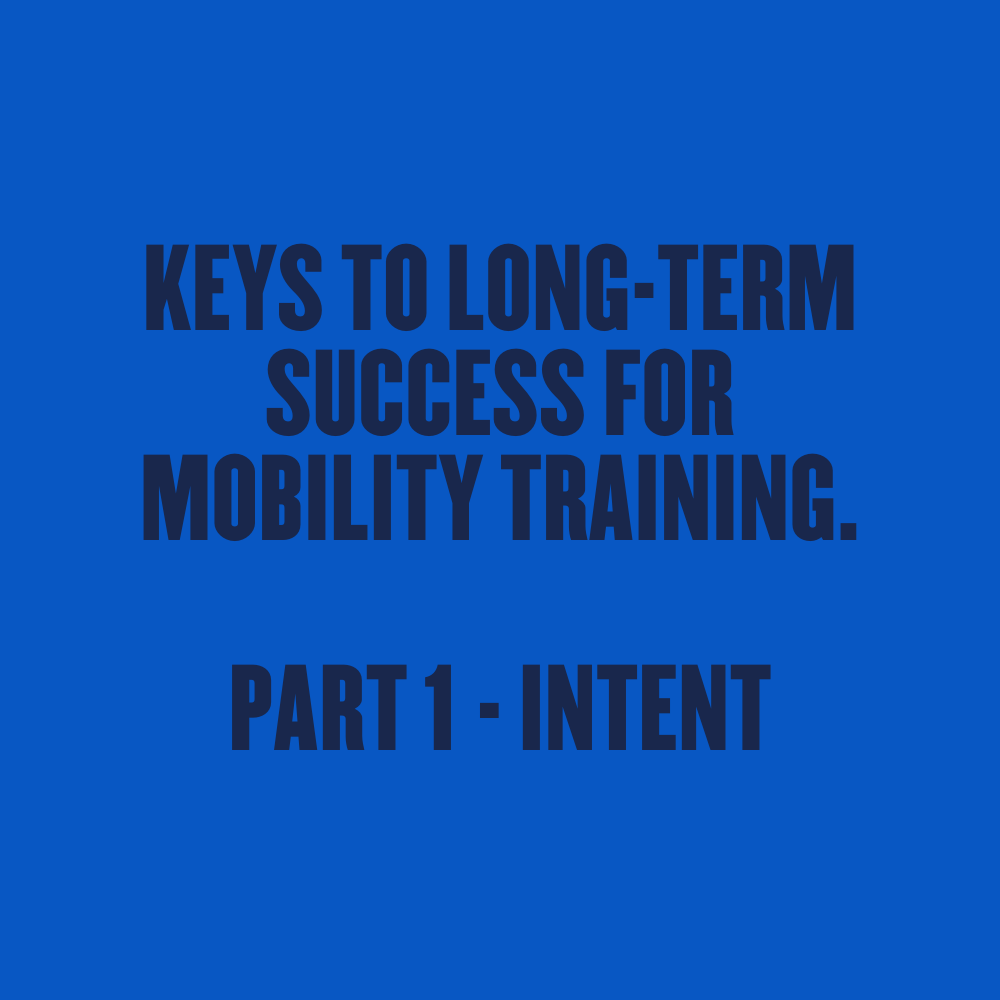HOW OUR MUSCLES RESPOND TO STRENGTH TRAINING AS WE AGE.
Are we products of our environment and behaviour or expressions of our genetic code? The nature vs nurture debate will always be ongoing. As with so many queries, the answer lies somewhere in between.
Luckily there is some research happening that can help us apply this “in-between space” to exercise. It highlights the importance for humans to resistance train - Especially as we age.
For the sake of this discussion, applying yourself to an exercise program that prescribes resistance training can be labelled a “nurturing” activity.
Benefits of this behaviour include:
- Stronger muscle and body control
- Increased bone density
- Strengthening joints
- Decreasing risk of injury
So what is happening on the genetic level when we “nurture” our bodies like this?
When you put your muscles under tension, there is a fleury of mechanical and chemical receptors that sense the movement and force. This opens up pathways to deliver the muscle the biochemical soup it needs to survive the movement and get stronger.
These pathways also turn genes on and off so specific proteins can be delivered to your muscular cells that aid in creating muscular contraction.
These delivery pathways and gene actions are how your muscles get stronger and bigger.
Now to the aging part… What science is discovering is that the signal that tells a muscle to grow weakens as we age. This begins around the age of 50.
A recent study that measured genes expression from resistance training discovered that a young male’s response turned on more than 150 genes. When they measured an older man they found only 42 genes were turned on.
This helps us understand why building strength and muscle gets more difficult as we age. Older people just don’t gain muscle mass like young folk do. They just don’t have the genetic ability to do it.
So should we just give up on resistance training as we get older? ABSOLUTELY NOT!!!
Studies have shown a 20% reduction of risk in older adults of becoming disabled because of exercise and resistance training. This same reduction of risk is also applied to the elderly who are already frail.
These findings highlight the need for us aging humans to continue resistance training in order to stay strong and healthy.
As for the answer to my nature or nurture question… I guess it lies somewhere in between.
Keep Reading






















































